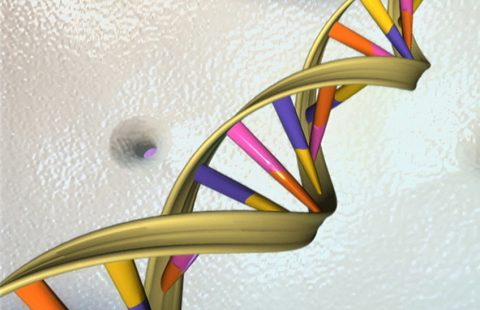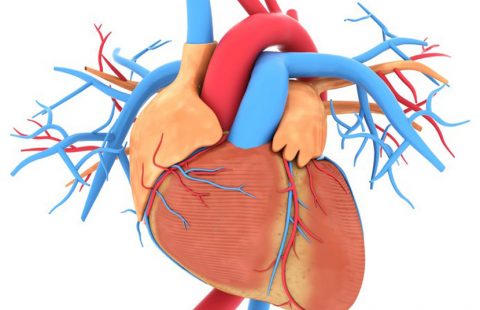Novel Role of the Serine Protease Inhibitor Elafin in Gluten-Related Disorders Heather J. Galipeau 1 , Michelle Wiepjes 1 , Jean-Paul Motta 2 , 3 , 4 , Jessica D. Schulz 5 , Jennifer Jury 1 , Jane M. Natividad 1 , Ines Pinto-Sanchez 1 , Daniel Sinclair 1 , Perrine Rousset 2 , 3 , 4 , Rebeca Martin-Rosique 6 , Luis Bermudez-Humaran 6 , Jean Christophe Leroux 5 , Joseph Murray 7 , Edgardo Smecuol 8 , Julio C. Bai 8 , Nathalie Vergnolle 2 , 3 , 4 , Philippe Langella 6 and Elena F. Verdu 1 1 Farncombe Family Digestive Health Research Institute, McMaster University , Hamilton , Canada ;
2 INSERM, U1043 , Toulouse , France ;
3 CNRS, U5282 , Toulouse ,France ;
4 Université de Toulouse, Universit é Paul Sabatier, Centre de Physiopathologie de Toulouse Purpan (CPTP) , Toulouse , France ;
5 Institute of Pharmaceutical Sciences, Department of Chemistry and Applied Biosciences, ETH Z ü rich , Z ü rich , Switzerland ;
6 Commensal and Probiotics-Host Interactions Laboratory, UMR1319 Micalis, INRA , Jouy-en-Josas , France ;
7 Division of Gastroenterology and Hepatology, Department of Immunology, Mayo Clinic College of Medicine ,
Rochester , Minnesota , USA ;
8 Hospital de Gastroenterolog í a Dr. Carlos Bonorino Udaondo , Buenos Aires , Argentina .
American Journal of Gastroenterology, 8 avril 2014. DOI : 10.1038/ajg.2014.48 Demande de brevet US61/827074 "TREATMENT OF GLUTEN-ASSOCIATED DISORDERS"

